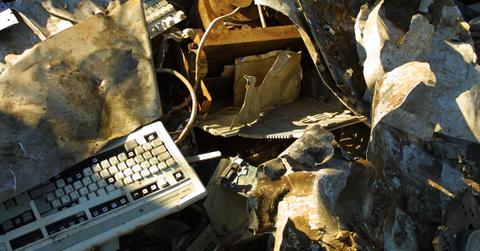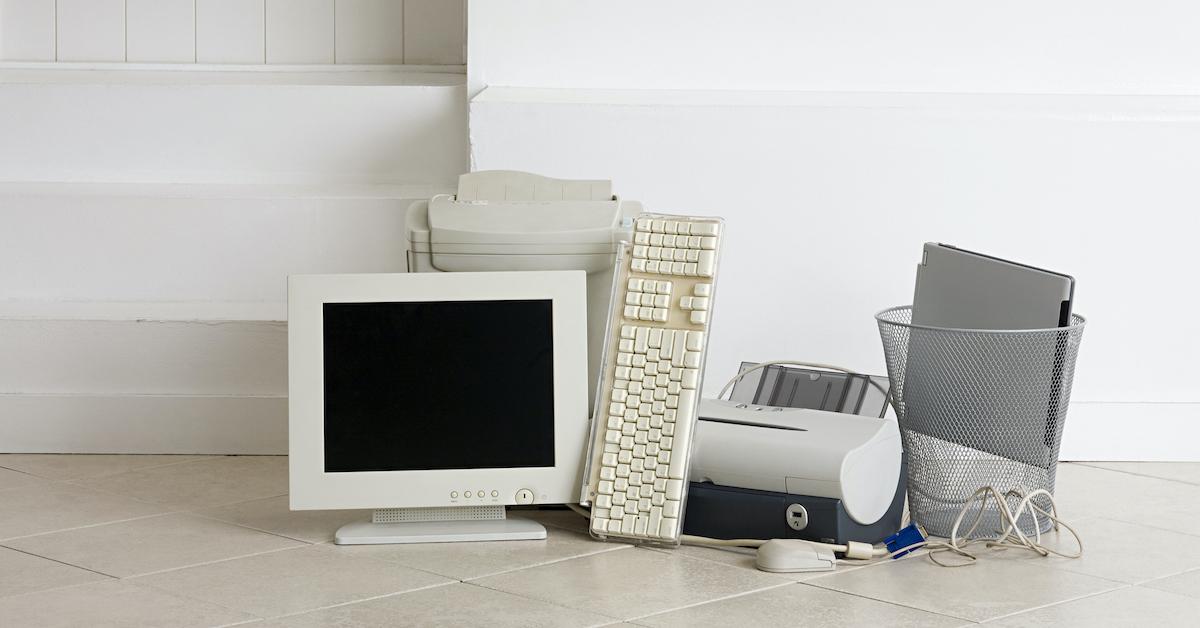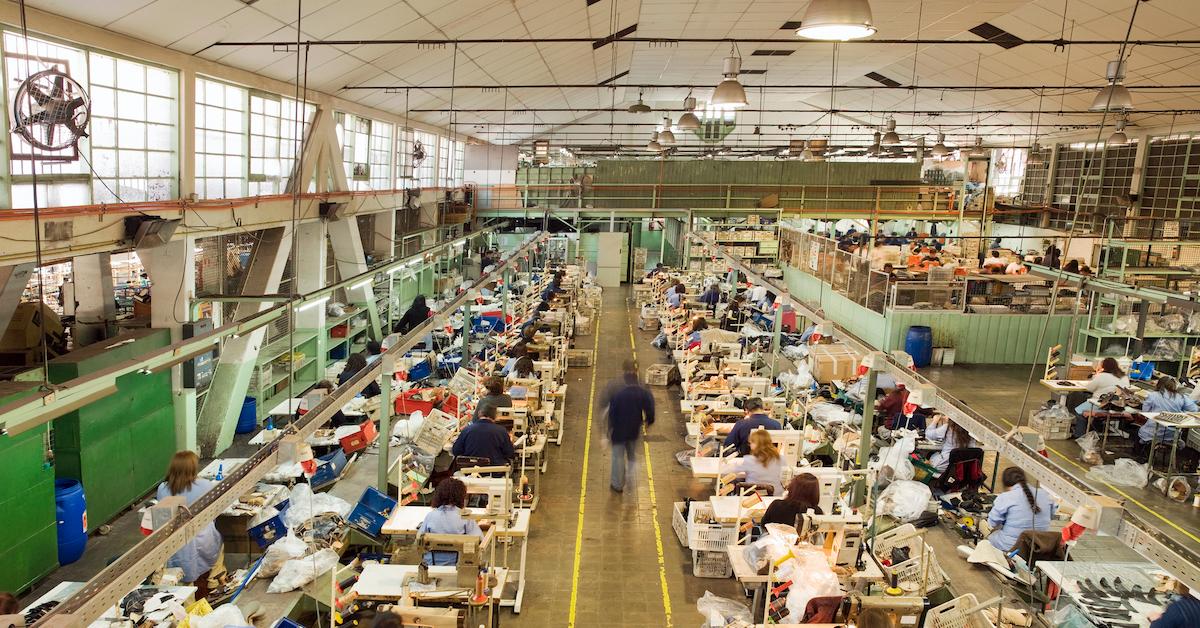Rwanda Is One of Few Countries to Manage and Regulate E-Waste on a National Level
Updated Feb. 26 2021, 2:02 p.m. ET

As society becomes increasingly reliant on social media, instant gratification, and electronic devices, the e-waste crisis has continued to worsen. With newer and faster devices added to the market on a regular basis, people are more easily inclined to buy new ones — while often improperly disposing of their old ones. Only 12.5 percent of e-waste is recycled every year, while the rest gets tossed into landfills.
That said, Rwanda has efficiently been managing the e-waste crisis on a national level, and happens to be one of 13 countries in Africa to establish federal regulations — keep reading for more on how the East African country is currently working to combat e-waste in an efficient and eco-friendly manner.

How is Rwanda combatting e-waste?
At the beginning of 2020, Rwanda opened its first e-waste recycling and refurbishing facility. According to CNN, the plant is located just outside of the country's capital, Kigali, and is run in partnership with the government and a private Dubai-based waste management facility called Enviroserve. With the ability to process up to 10,000 metric tons of waste per year, the plant recycles some devices, and upcycles others, making refurbished electronic items that can be sold at a cheaper price.
This is especially helpful for public schools and low-income families across the country. Computer monitors are often turned into computer monitors, as per CNN, and old cellphones are revived and resold for a lower price. Thus far, over 5,000 computers have been repaired and sold to public schools at a discount, and upwards of 4,000 tons of e-waste has been processed in total.
According to a report from the International Telecommunication Union (ITU), Rwanda is one of 13 African countries to nationally regulate e-waste, along with Egypt, Ghana, Madagascar, Nigeria, South Africa, Cameroon, and Cote D'Ivoire. The government has implemented legal policies, and built the government-run plant that allows residents to properly dispose of old devices.
This is a major innovation for the environment, as well as the economy.
While the Rwanda's new e-waste processing plant properly recycles and upcycles old devices, it's also created hundreds of jobs. Experts hope this will encourage other countries to follow suit.
"We're negotiating and talking with different governments in Africa to also establish similar facilities in their countries," said Okechukwu Daniel Ogbonnaya, Rwanda's managing director of the Global Green Growth Institute, as per CNN.
Certain devices also contain expensive elements — sometimes silver or gold — and now, they're being properly extracted from these devices as opposed to just getting tossed. The government is then able to generate revenue this way, further benefitting the country economically.
"Globally, waste is not only increasing in quantity, but also in its complexity and composition," said Ogbonnaya.
"Within an electronic device, there's gold, silver, platinum ... and these sorts of elements could be extracted, providing new business opportunities for small businesses and even for municipalities in regard to generating revenue," he added.

There is not currently a U.S. law that mandates e-waste recycling, though the U.S. should consider establishing some — it's seriously revolutionary from an economic and environmental standpoint.